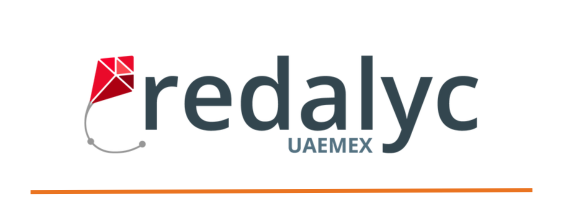Native C++ software in engineering as a high-performance alternative to managed software
DOI:
https://doi.org/10.26439/interfases2014.n007.144Keywords:
programming, native language, managed language, high-performance, C, JavaAbstract
In this article, we will make a case for the resurgence and importance of the C++ native language and an overview of how it has recently evolved into a modern language. We hope that this provides context to why many more developers are considering using this multi-paradigm programming language in detriment of other, often classified as productive, managed programming languages. We refer to native languages as those where a compiler generates native executable machine code, and managed languages as those where a compiler generates byte compiled instructions, intended to be interpreted and executed by a virtual machine, which is in that case a requirement to execute byte compiled code. Java is an example of such a language. This article assumes that the reader has a basic knowledge of, or familiarity with Algol based languages, including C, C++, Java and C#.
Downloads
References
C++ Standards Committee (s. f.). Official Webpage of the ISO C++ Standard. Retrieved from http://www.isocpp.org
CERN Staff (s. f.). ROOT Data Analysis Framework. Open source. Retrieved from http://root.cern.ch/drupal/
Czarnecki, K., & Eisenecker, U. W. (2002). Generative programming : methods, tools, and applications. 2nd printing. New York, USA: Addison Wesley.
IBM (s. f.). IBM SPSS. Proprietary. Recuperado de http://www01.ibm.com/software/analytics/spss/
Josuttis, N. M. (2012). The C++ standard library: a tutorial and reference. 2nd edition. New Jersey, USA: Addison Wesley Longman.
Lewis, J., & Loftus, W. (2005). Java software solutions, foundations of program design. International edition. 4th edition. Boston, USA: Pearson/Addison Wesley.
Mathworks (s. f.). MATLAB and Simulink for Technical Computing. Proprietary. Retrieved from http://www.mathworks.co.uk/index.html?stid=gn_logo
Press, W. H., Teukolsky, S. A., Vetterling, W.T. & Flannery, B. P (2002). Numerical Recipes in C++. 2nd edition. New York, USA: Cambridge University Press.
Stroustrup, B. (s. f.). C++. Applications. Retrieved from http://www.stroustrup.com/applications.html
Downloads
Published
Issue
Section
License
Authors who publish with this journal agree to the following terms:
Authors retain copyright and grant the journal right of first publication with the work simultaneously licensed under an Attribution 4.0 International (CC BY 4.0) License. that allows others to share the work with an acknowledgement of the work's authorship and initial publication in this journal.
Authors are able to enter into separate, additional contractual arrangements for the non-exclusive distribution of the journal's published version of the work (e.g., post it to an institutional repository or publish it in a book), with an acknowledgement of its initial publication in this journal.
Authors are permitted and encouraged to post their work online (e.g., in institutional repositories or on their website) prior to and during the submission process, as it can lead to productive exchanges, as well as earlier and greater citation of published work (See The Effect of Open Access).
Last updated 03/05/21






